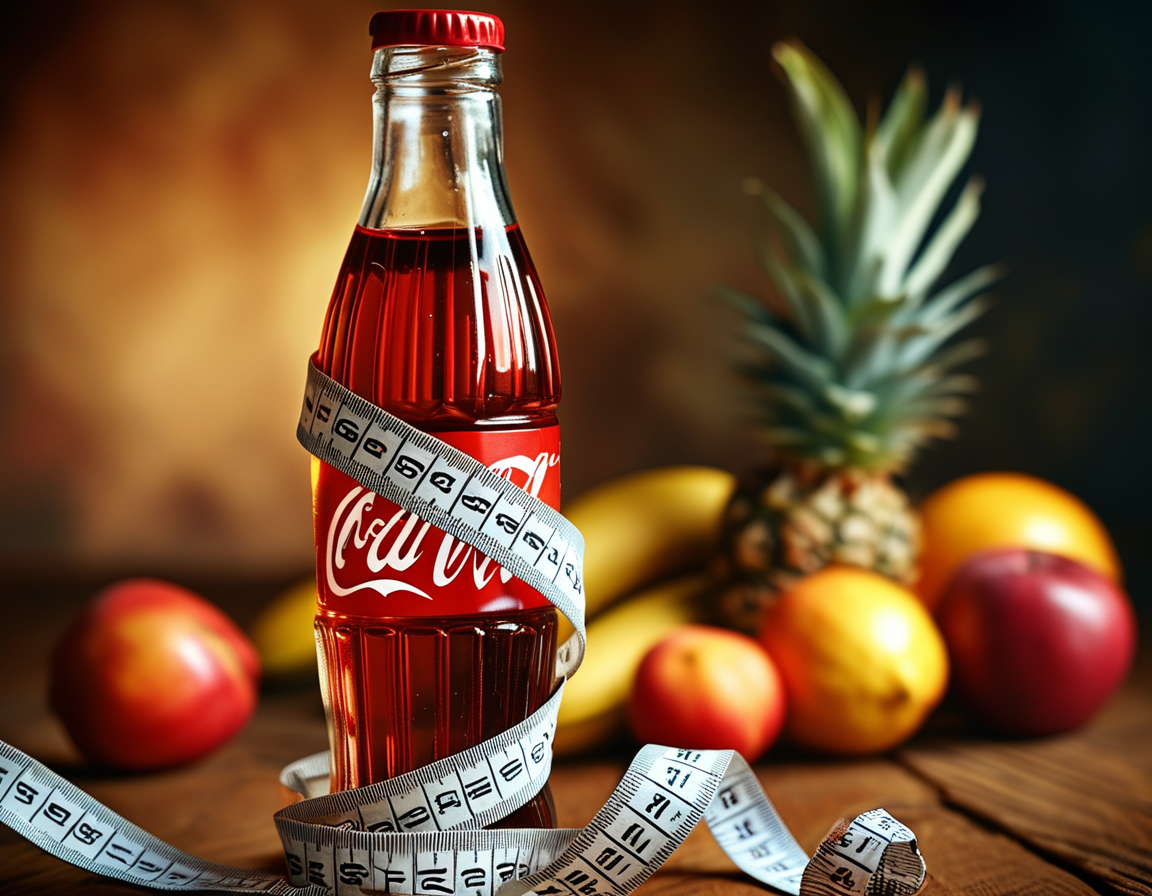
What if Coca-Cola removed high-fructose corn syrup (HFCS) from its recipe? Would this change really make a difference for our health? This question has surfaced as Robert F. Kennedy Jr. proposes such a shift. It’s not just about a drink. It’s about a national conversation on health and nutrition.
High-fructose corn syrup has become a staple in the food industry. It’s in soft drinks, candy, and even products we don’t expect. But what is HFCS? This sweetener hails from corn starch, altered through enzymes to create its sugary profile. It’s cheap and extremely sweet, making it an easy choice for manufacturers looking to sweeten products while keeping costs low. Yet, the implications of HFCS on public health raise numerous concerns.
Studies suggest a strong link between HFCS and obesity. This isn’t just an abstract concept. Think about the increased waistlines and health issues impacting our communities. HFCS can lead to visceral fat accumulation around organs, which is dangerous. Men and women alike are facing higher risks of heart disease and type 2 diabetes. With obesity rates climbing, it’s hard to ignore the role HFCS may play in our daily diets.
But that’s not all. Insulin resistance is another frightening outcome of high fructose consumption. We all know the role insulin plays in blood sugar regulation. As our intake of HFCS increases, our bodies struggle to keep pace. This struggle could lead to devastating health consequences, contributing to widespread diabetes and related complications. How many people do you know who visit the doctor with blood sugar issues? The numbers continue to escalate.
Liver health is a critical discussion point as well. The liver is designed to handle certain amounts of fructose, but when overwhelmed, what happens? The reality is, excess fructose turns to fat. This can lead to non-alcoholic fatty liver disease. It’s an epidemic that isn’t talked about enough. This fact often gets overshadowed by the more visible effects of obesity. But, isn’t liver health just as important?
Kennedy argues that switching ingredients in Coca-Cola could lead to better health outcomes. By removing HFCS, he advocates for a future where healthier alternatives like natural sweeteners take its place. Imagine a world where our favorite beverages don’t come with a side of health risks. This shift might reduce diet-related diseases in the long run, promoting a culture of better food choices.
Public reaction to this proposal is mixed. On one hand, support from health experts and consumers reflects a growing concern about nutrition. Many applaud Kennedy’s efforts. They see this as a step toward raising awareness about what we consume. However, critics voice valid points as well. Some argue that altering the formula might sacrifice the beloved taste of Coca-Cola. Might taste be more important than health to some consumers?
The food industry itself is sounding alarms too. Concerns about production costs and feasibility are rising. If Coca-Cola changes its recipe, what does that mean for the broader market? Companies thrive on familiarity. Would a shift in formula throw a wrench in a well-oiled machine? These are questions that need addressing.
In conclusion, RFK Jr.’s push to eliminate HFCS from Coca-Cola isn’t merely about one beverage. It’s a larger dialogue on health and consumer choices. Raising awareness of HFCS’s potential impacts is essential. By promoting healthier alternatives, we may not only improve health outcomes but also impact lifestyle choices. The discussion is crucial. It seems clear that food safety and health awareness must remain at the forefront of our conversations.
Leave a Comment